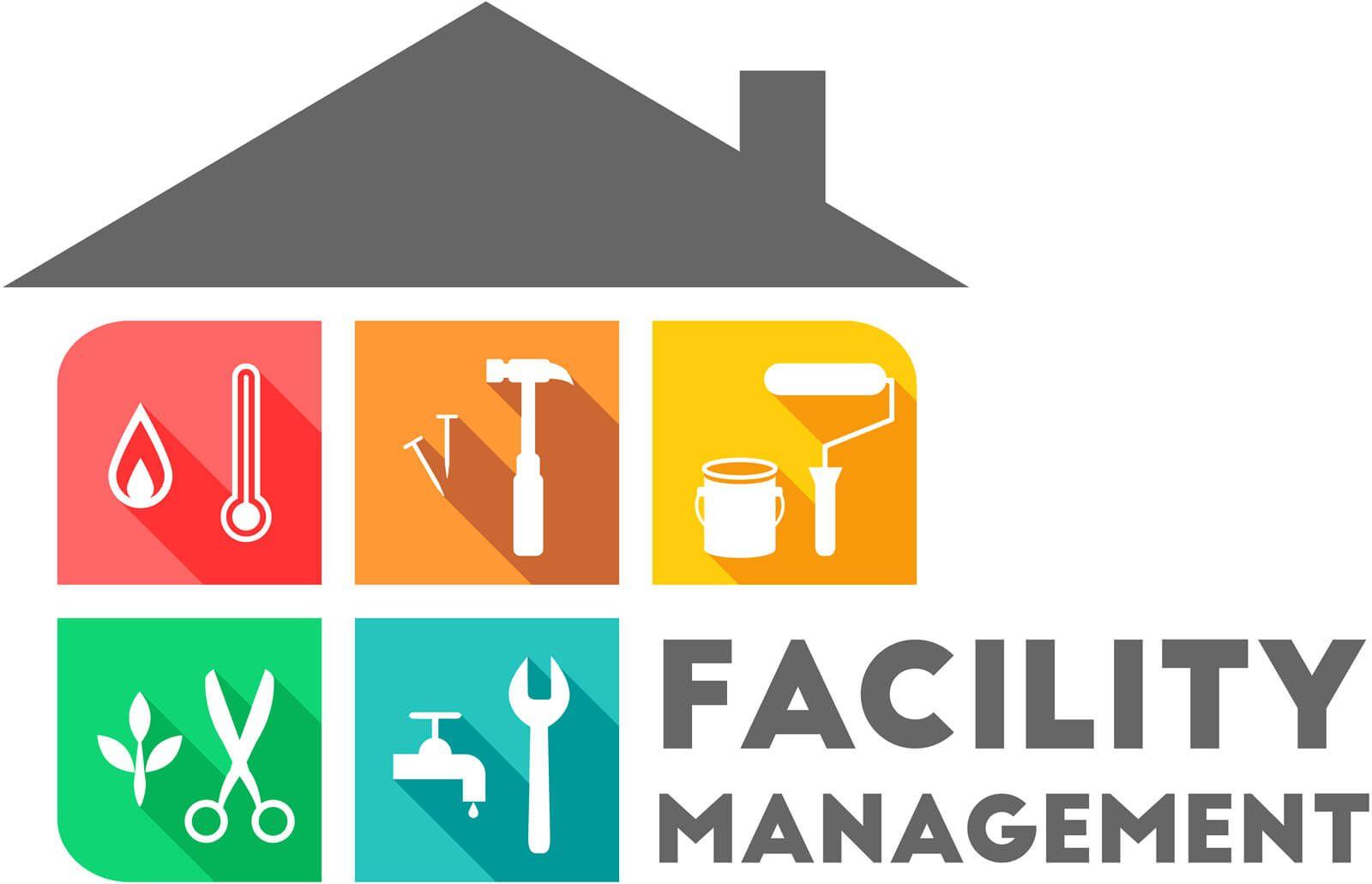Navigating the Inherent Challenges in the FM Services

Despite its strong growth trajectory and essential role, the facility management industry is not without its significant and persistent hurdles. Service providers must continuously navigate a series of complex Facility Management Services Market Challenges that impact their profitability, service quality, and ability to innovate. One of the most pressing and widespread challenges is the severe shortage of skilled labor. The industry relies on a diverse workforce, from skilled technical tradespeople like electricians and HVAC technicians to cleaning and security staff. Attracting and retaining qualified talent in a competitive labor market is a constant struggle, particularly for the technical roles, where an aging workforce and a lack of new entrants are creating a significant skills gap. This labor shortage can lead to higher costs, service delays, and difficulty in maintaining service quality.
A second major challenge is the intense price pressure and the perception of facility management as a commodity. In many procurement processes, the decision is still heavily weighted towards the lowest bidder, forcing providers to operate on thin profit margins. This commoditization makes it difficult to invest in a higher-paid, better-trained workforce and in new technologies. Overcoming this requires providers to become much more effective at demonstrating the value they deliver beyond simple cost savings, such as risk reduction, improved employee productivity, and enhanced asset longevity. The challenge lies in quantifying this added value and shifting the client conversation from cost to overall value and strategic impact, which is a significant educational and sales hurdle.
Finally, the industry faces the immense challenge of keeping pace with the rapid rate of technological change and adapting to new models of work. The digitalization of facility management requires significant upfront investment in software, sensors, and training, which can be difficult to finance on tight margins. Furthermore, there is a constant need to upskill the workforce to use these new digital tools effectively. At the same time, the rise of hybrid and remote work is fundamentally changing how corporate offices are used, creating uncertainty and requiring FM providers to be more agile and flexible in their service delivery models. Successfully navigating this dual challenge of technological adoption and workplace transformation is critical for survival and success in the modern FM landscape.
- Sports
- Art
- Causes
- Crafts
- Dance
- Drinks
- Film
- Fitness
- Food
- Juegos
- Gardening
- Health
- Home
- Literature
- Music
- Networking
- Other
- Party
- Shopping
- Theater
- Wellness


